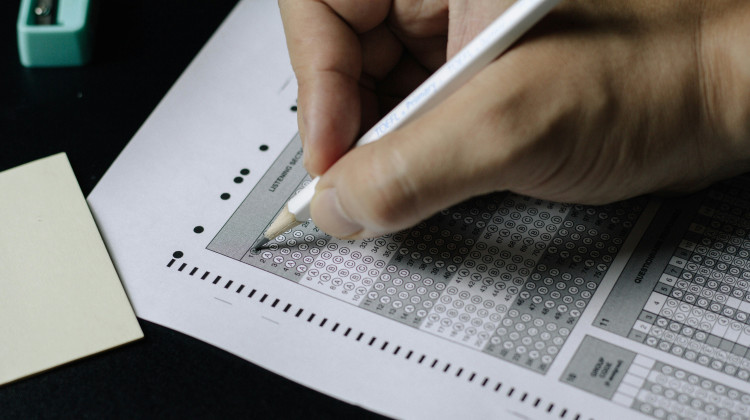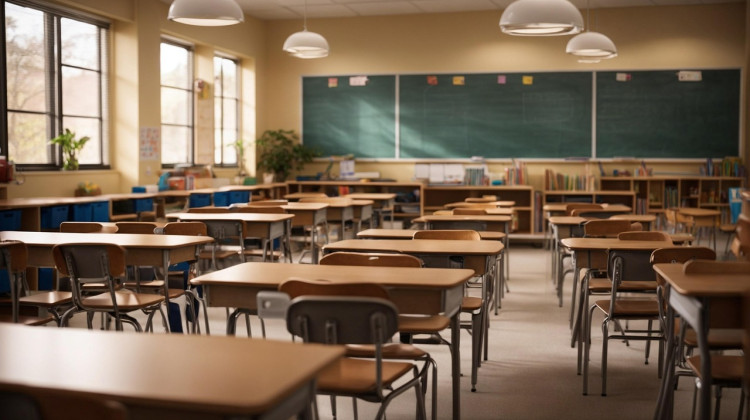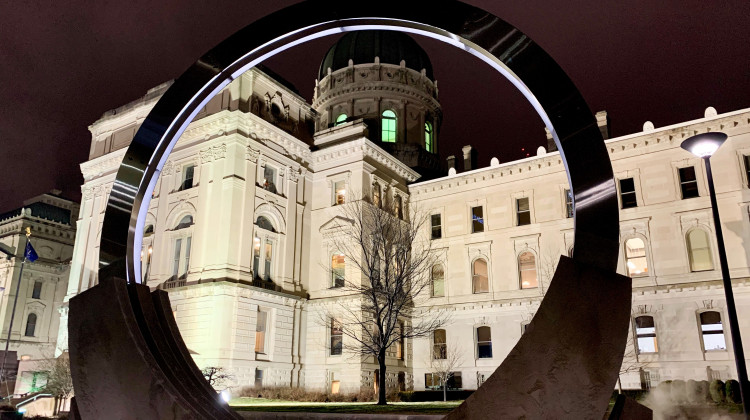An official report published last month revealed just how much two virtual charter schools falsified student enrollment data to receive millions in state funding. Now lawmakers are responding to the scandal.
Officials still don't agree how the two virtual schools – and the people operating them – were able to wrongfully collect nearly $86 million from the state. The two virtual schools were authorized by Daleville Community Schools, a district just outside of Muncie.
The recent report spurred lawmakers to debate the issue as the legislative session starts to wrap up. But Republicans, including Senate education committee chair Jeff Raatz (R-Centerville) are hesitant to place more restrictions on virtual schools specifically.
"We got to be careful that we don't stifle the proliferation of what the future may look like, and virtual ed will certainly be part of the future," he says.
Lawmakers did pass a bill last year to create new regulations after the State Board of Education made recommendations as the allegations made about Indiana Virtual Pathways Academy and Indiana Virtual School came to light. It included a provision to prevent school districts – like Daleville – from authorizing virtual charter schools.
"We set a lot of things in place to make sure the Dalevilles of the world don't happen again," he says.
But the report shared last month renewed debates at the statehouse about what should be done now. Democrats have pressed for stricter rules for virtual charters based on other recommendations from the state board that didn't make it into the 2019 legislation, and guidance issued from the education department. Republicans have voted most of those down.
But Raatz says a proposal added into a bill last week will help track how students in all schools are attending, and completing coursework.
"And actually give us an opportunity at the state level to say hey how come student X is not progressing," he says.
Raatz says next session he'll likely propose additional changes to help enforce those new regulations.
Contact Jeanie at jlindsa@iu.edu or follow her on Twitter at @jeanjeanielindz.
 DONATE
DONATE








 Support WFYI. We can't do it without you.
Support WFYI. We can't do it without you.